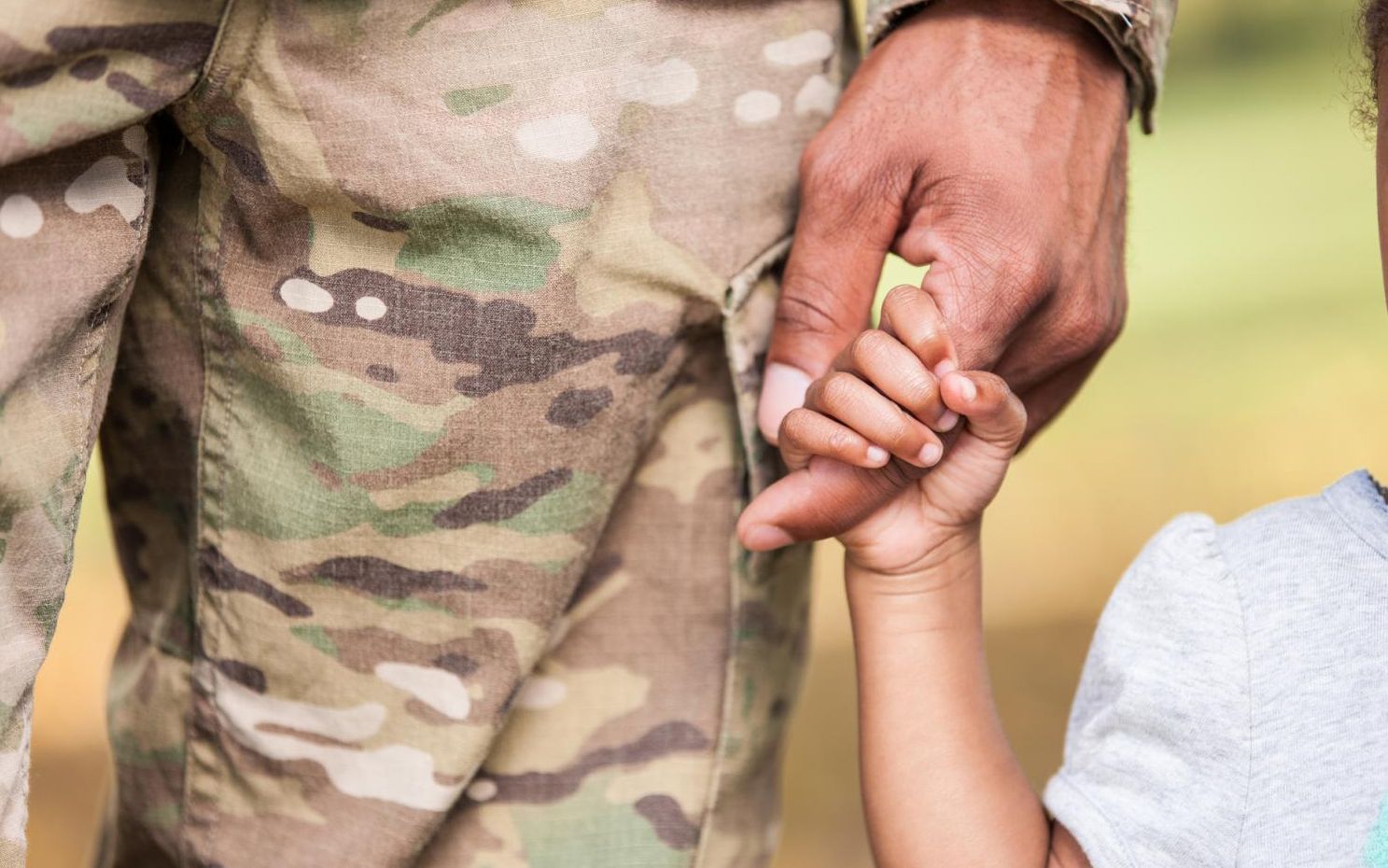VIDEO: Expanding school safety through prevention science
Innovative approaches to school safety: Prevention, community, and giving children what they need to succeed

kids getting off bus
November 26, 2024
By Diane Jun, PRC Communications Intern
In the latest episode of Pennsylvania School Safety Hour, Max Crowley, director of the Edna Bennett Pierce Prevention Research Center, broadens the conversation around school safety, advocating for a comprehensive approach that extends beyond physical measures such as metal detectors and hardened doors.
This episode underscores the significance of creating an inclusive and supportive school culture where emotional resilience and well-being are nurtured alongside safety measures. Crowley emphasizes a preventative approach, integrating science-based strategies with community-driven support to ensure students thrive academically, socially, and emotionally.
Watch the video here:
Broadening the scope: The importance of inclusive safety
Crowley discussed how true school safety happens in an environment where students feel not only physically safe but emotionally supported and connected. He pointed out that while schools often turn to visible security measures like metal detectors, these methods alone are not enough. Building a sense of belonging and providing access to supportive resources such as mental health services can reduce social isolation and long-term anxiety for students, encouraging them to flourish academically and socially.
Addressing inequality: Nutrition and mental health support
In this episode, Crowley highlighted the impact of inequality on student well-being. Access to nutritious meals and mental health support are essential components of a supportive learning environment, yet disparities in these areas can make students feel excluded or less valued.
“We need to provide resources so that every child has what they need to succeed,” Crowley remarked, underscoring the connection between emotional health, cognitive development, and educational outcomes. He called for schools to consider comprehensive support systems, including social and nutritional programs, as foundational to students’ success.
Prevention science in action: Community partnerships and long-term investments
This episode also explored the role of prevention science in building safer educational settings. Crowley discussed how proactive investments in students—fostering social-emotional competencies and resilience—can positively affect their futures and help prevent long-term issues like mental health challenges and disengagement from school. Through community partnerships and programs supported by the Prevention Research Center, schools can access evidence-based resources and initiatives like the What Works Clearinghouse, equipping educators with tools to implement interventions that have proven impacts.
Spotlight on “The Incident”: A virtual training solution for crisis preparedness
Joining Dr. Crowley, Todd Langley from Crisis Response Leader Training introduced “The Incident,” a virtual simulation platform that prepares school officials and emergency responders for critical incidents. Using AI-driven simulations, this tool offers realistic training scenarios, from natural disasters to active shooter events, allowing for safe, scalable, and cost-effective crisis management practice. The Incident promotes inter-agency collaboration by simulating multi-agency responses, fostering coordination and trust among participants, and allowing schools to refine their emergency plans with performance feedback.
Moving forward: Prioritizing preventative measures over reactionary responses
Crowley and Langley agree on the need for a proactive stance in school safety. Beyond addressing immediate threats, this episode of Pennsylvania School Safety Hour promotes a vision where schools invest early in students’ well-being, build community partnerships, and leverage innovative tools like “The Incident” for ongoing, evidence-based preparedness.
VIDEO: Expanding school safety through prevention science
Innovative approaches to school safety: Prevention, community, and giving children what they need to succeed

kids getting off bus
November 26, 2024
By Diane Jun, PRC Communications Intern
In the latest episode of Pennsylvania School Safety Hour, Max Crowley, director of the Edna Bennett Pierce Prevention Research Center, broadens the conversation around school safety, advocating for a comprehensive approach that extends beyond physical measures such as metal detectors and hardened doors.
This episode underscores the significance of creating an inclusive and supportive school culture where emotional resilience and well-being are nurtured alongside safety measures. Crowley emphasizes a preventative approach, integrating science-based strategies with community-driven support to ensure students thrive academically, socially, and emotionally.
Watch the video here:
Broadening the scope: The importance of inclusive safety
Crowley discussed how true school safety happens in an environment where students feel not only physically safe but emotionally supported and connected. He pointed out that while schools often turn to visible security measures like metal detectors, these methods alone are not enough. Building a sense of belonging and providing access to supportive resources such as mental health services can reduce social isolation and long-term anxiety for students, encouraging them to flourish academically and socially.
Addressing inequality: Nutrition and mental health support
In this episode, Crowley highlighted the impact of inequality on student well-being. Access to nutritious meals and mental health support are essential components of a supportive learning environment, yet disparities in these areas can make students feel excluded or less valued.
“We need to provide resources so that every child has what they need to succeed,” Crowley remarked, underscoring the connection between emotional health, cognitive development, and educational outcomes. He called for schools to consider comprehensive support systems, including social and nutritional programs, as foundational to students’ success.
Prevention science in action: Community partnerships and long-term investments
This episode also explored the role of prevention science in building safer educational settings. Crowley discussed how proactive investments in students—fostering social-emotional competencies and resilience—can positively affect their futures and help prevent long-term issues like mental health challenges and disengagement from school. Through community partnerships and programs supported by the Prevention Research Center, schools can access evidence-based resources and initiatives like the What Works Clearinghouse, equipping educators with tools to implement interventions that have proven impacts.
Spotlight on “The Incident”: A virtual training solution for crisis preparedness
Joining Dr. Crowley, Todd Langley from Crisis Response Leader Training introduced “The Incident,” a virtual simulation platform that prepares school officials and emergency responders for critical incidents. Using AI-driven simulations, this tool offers realistic training scenarios, from natural disasters to active shooter events, allowing for safe, scalable, and cost-effective crisis management practice. The Incident promotes inter-agency collaboration by simulating multi-agency responses, fostering coordination and trust among participants, and allowing schools to refine their emergency plans with performance feedback.
Moving forward: Prioritizing preventative measures over reactionary responses
Crowley and Langley agree on the need for a proactive stance in school safety. Beyond addressing immediate threats, this episode of Pennsylvania School Safety Hour promotes a vision where schools invest early in students’ well-being, build community partnerships, and leverage innovative tools like “The Incident” for ongoing, evidence-based preparedness.
Related People
Related People









